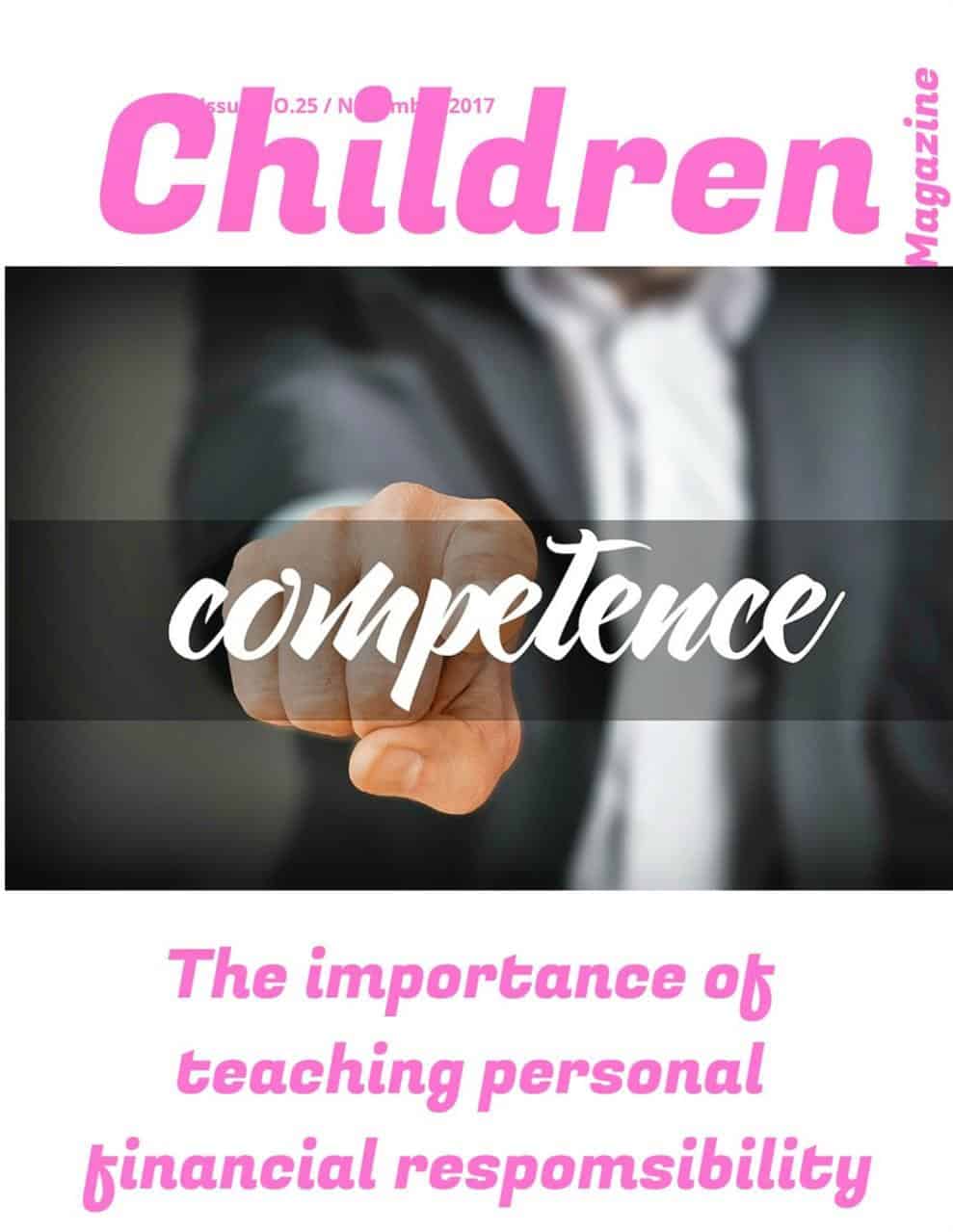
Personal financial responsibility: Introduction
A few weeks ago, my blog was about PARENTS HELPING CHILDREN BUY A HOUSE: THE SECRET TO KNOWING WHAT TO DO – ASSUMING YOU REALLY HAVE THE MONEY. In that blog I looked the factors parents should consider and possible ways they could help, if proper. I assumed in writing the blog that the adult children were being financially responsible. It reminded me about a recent consultation I performed on a 30ish year old woman who had no personal financial responsibility.
Personal financial responsibility: The referral
An accountant we know referred his client, the father of this woman, to us. I spoke with the father briefly on the telephone and invited his daughter to contact me. As we do with people referred to us, I provided the daughter with a free first consultation where I obtained information about her assets, liabilities, income and expenses.
Personal financial responsibility: The first free consultation
We discussed potential options. At the end of the consultation, my process is to provide the person with our standard intake sheet called the Debt Relief Worksheet (DRW). I asked her to fully complete it with supporting documentation where requested. I also told her that not making another trip to our office, she could scan and email it to me. That way she would not have to take time off work.
Personal financial responsibility: The issues
So far so good. However, things did not stay that way for long. The purpose of the DRW is to give me all the information I need to properly advise someone and to be able to create a solution as unique as that person. It is also designed to allow for financial rehabilitation, by creating a balanced budget for the person to be able to live within their means. There is no point putting someone through an insolvency process, if they don’t come out at the end having learned why financial responsibility is important.
When I received the more or less completed DRW, several things jumped out at me:
- The woman graduated from university with a social work degree. However, instead of going into social work, she became a yoga instructor. I found out that yoga instructors, or at least this one, don’t make much money for all the hours worked.
- She was one of those people living way beyond your means. On social media, she regularly posted weekend party pictures at bars and clubs.
- She could barely pay the rent on her apartment.
- She was supplementing her income with credit cards and only paying the minimum monthly payments.
- She would soon not be able to borrow any more money from her credit cards and that is why she called for help from her father.
Personal financial responsibility: The father talk
To say the least, I was alarmed. This woman was out of control. Her father was looking to me to tell him if he should lend her (more) money. I called up her father to have a private discussion. I couldn’t disclose the details of the daughter’s financial mess, but I did want to send him a very strong message. The father was already aware of most of her debts, so there really wasn’t any information he was missing.
I told the father the following:
- Under no circumstances should he ever lend her money. I doubted she would ever have the capacity to pay him back. This yoga instructor had credit card and income tax debt totalling about $82,000 so a few thousand was not going to cut it.
- His daughter should undergo an insolvency proceeding. If he wanted to help, he could fund her consumer proposal as a lump sum, so that this would not be hanging over her head for a long time.
- Either a consumer proposal or bankruptcy would create the required debt settlement.
- More importantly, whichever insolvency process was chosen, I would make sure that financial rehabilitation would be an outcome. She would learn how to budget, how to not spend more than she earns, net of income tax, and she would gain personal financial responsibility.
Her father was extremely appreciative.

Personal financial responsibility: Consumer proposal vs. bankruptcy
I then met with the adult child again. I explained to her the process of both a consumer proposal and bankruptcy and how each differed. I also explained that her consumer proposal has to be a better offer to her creditors than they could expect in her bankruptcy. I also told her that I spoke with her father, and he was prepared to fund a consumer proposal. I assured her that through a consumer proposal, we could get full debt settlement and she could avoid bankruptcy.
Personal financial responsibility: The yoga instructor had not yet fully grasped the concept of aparigraha
We then got to the budget discussion. In that discussion, she quickly realized that in an insolvency proceeding, she would have to live on what she earned. Her credit cards would be cut off by the lenders and she would not be able to supplement her income with credit card purchases and advances. She stared at me for what seemed to be the longest time. I didn’t know if it was her drishti or she was gearing up to lash out at me.
She then began her mantra “that is not fair, that is not fair, that is not fair”. I asked what isn’t fair? She said she would not have money to party every weekend! Together we each had our aha moment. I quickly learned that her parents never learned how to stop enabling this grown child. She quickly learned that she was not prepared to alter her behaviour and become financially responsible. She thanked me, got up and left. It was pleasant, but not exactly namaste.
A few days later she sent me an email to say that she would not be going through with an insolvency process. I wished her shanti. My understanding is that she did has not filed with another licensed insolvency trustee. So, the only thing left is that Daddy is doing what he originally asked me about – lending or giving her money.
Personal financial responsibility: What to do about grown children who expect money
This is a very sad case. I know I could have helped this woman, but she didn’t want to be helped. She is very happy being one of those adults financially dependent on parents. She is one of those children who has never learned personal financial responsibility.
When your grown child makes bad financial decisions and comes to you for help, what will you do? If you can afford to, will you just enable them or will you seek out a real solution. I am always honoured when a professional believes that I can help someone, especially if it is their child or family member. That is the greatest compliment which has happened several times.
If your child or relative is experiencing financial problems, or if you are as a result of helping your kids, or for any reason, contact a professional trustee as soon as possible. Ira Smith Trustee & Receiver Inc. has helped people just like you throughout the Greater Toronto Area (GTA) facing financial crisis or bankruptcy that need a plan for Starting Over, Starting Now.
Give us a call today and book your free, no obligation consultation. We can help give you back peace of mind and set you on a path to debt free living.


